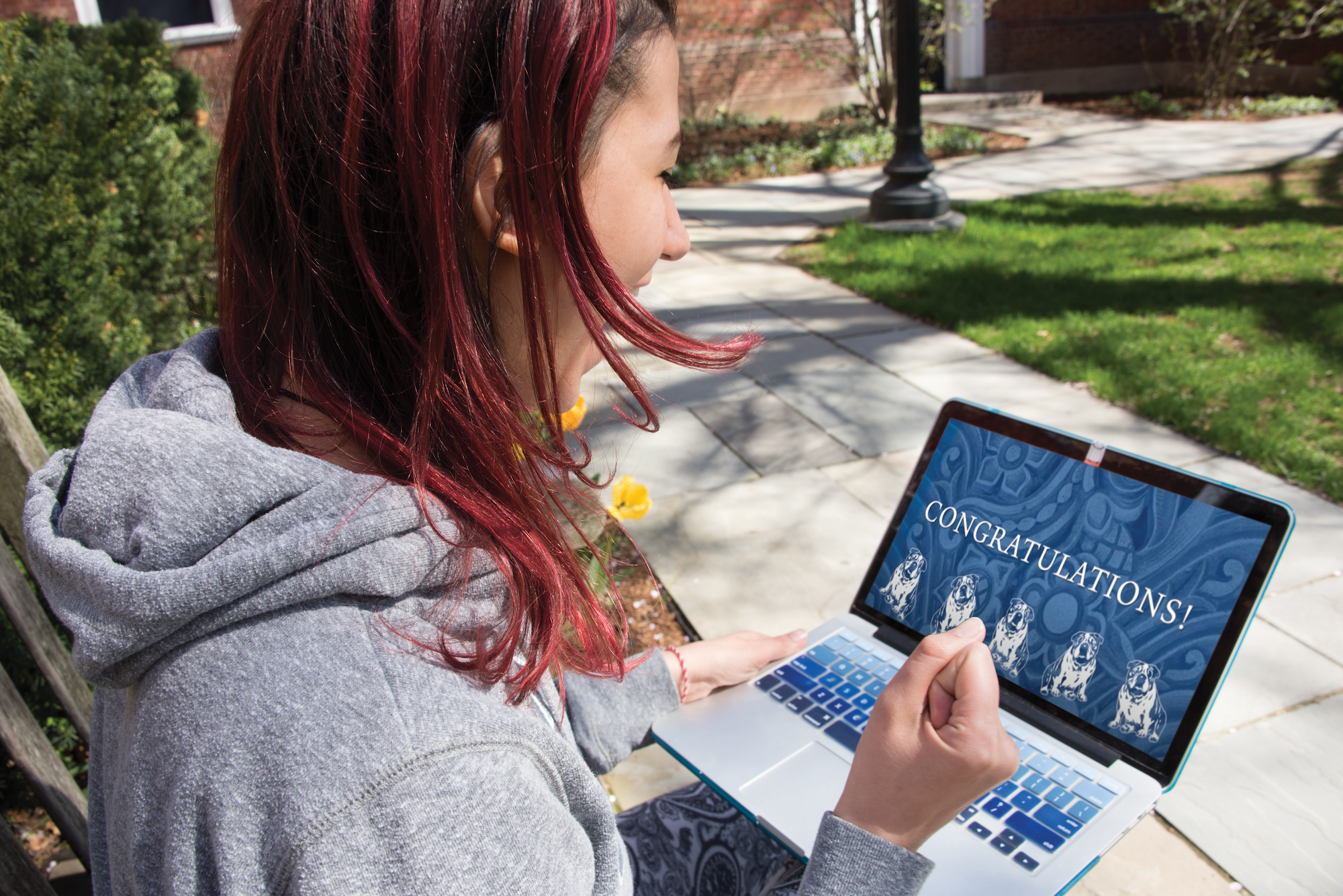Yale College sees second-largest early applicant pool in history
The Office of Undergraduate Admissions will read 7,313 applications as officers begin to build the class of 2026.

Yale Daily News
Aspiring members of the class of 2026 sent 7,313 early action applications to Yale this fall, the second largest in Yale’s history.
This year’s pool only fell behind last year, when the Office of Undergraduate Admissions read 7,939 early applications. This year’s application pool is about eight percent smaller than last year’s cohort, and 27 percent larger than 2019. First generation college students, international students and underrepresented racial or ethnic groups bucked this trend, rising in both 2020 and 2021.
Last year, 10.5 percent of early action applicants were admitted into the college, which fell from 13.8 and 13.19 percent acceptance rates for the class of 2024 and the class of 2023, respectively. Early action applicants will find out their application status in December.
“As always, the admissions office is much more interested in the strength and diversity of the pool of students who apply to Yale each year than simply the number of students who apply,” Dean of Undergraduate Admissions and Financial Aid Jeremiah Quinlan told the News. “The Admissions Committee is currently in the process of considering early action applicants, and we look forward to sharing some good news with admitted students in the coming weeks.”
According to Mark Dunn, the director of outreach and communications at the admissions office, more students than ever are applying in every demographic category the office tracks. Most subgroups within the application pool followed the same trend as the program overall — applications spiked in 2020 and fell slightly in 2021.
Last year, Dunn said applications from first-generation, international and underrepresented students increased at a rate that outpaced the general application pool.
Keith Light, director of international admissions and associate director of undergraduate admissions, called the rise in international applications “remarkable.”
Yale’s increase in international applications defies national trends, with Yale’s international applications growing even though the number of international students in the United States overall dropped during the pandemic after decades of uptick.
“Although my colleagues and I are eager to connect with prospective international students through outreach travel again, we have been so pleased with the enthusiastic ‘virtual’ interactions with students from every corner of the globe, including some remote nooks we hadn’t been able to reach in person before,” Light said.
The admissions office declined to cite a cause for this year’s large applicant pool. Last year, however, the office correlated the overall application increase with virtual outreach and a lack of standardized testing, and both policies are still in place.
For this admissions cycle, Yale remained test-optional. The admissions office suspended standardized test requirements in June 2020 due to the difficulty of taking standardized tests amidst the COVID-19 pandemic.
In an April interview, Quinlan said the test-optional policy expanded the number of applications the University received from under-resourced students. The admissions office has not yet announced whether it will require standardized tests for the class of 2027.
In terms of virtual outreach, Dunn said that “it is impossible to attribute direct cause and effect relationships between particular outreach strategies to changes in our applicant pool.”
Nevertheless, Dunn referenced current outreach strategies the admissions office has used to connect with prospective students. This year, the admissions office has conducted multi-college virtual information sessions, themed information sessions — which focus on certain academic, extracurricular or regional interests — general information sessions, student forums and returned to in-person campus tours.
These sessions have drawn around 95,000 registrants in 2021.
“The admissions office staff has been very pleased with the recent changes we have made to our outreach strategy, both virtual and on-campus,” Dunn wrote in an email to the News. “I am delighted that prospective students have more options than ever to connect with Yale and to learn about the undergraduate experience directly from current students.”
In an Oct. 14 email to the University, Yale President Peter Salovey also outlined plans to make Yale more accessible for nontraditional applicants.
According to Salovey, over the past five years, Yale has doubled both the number of Eli Whitney students and the number of participants in First-Year Scholars at Yale, the summer program for low-income, public high school graduates entering Yale.
Salovey also said that Yale would join the Transfer Scholars Network with the hopes of bringing more community college transfer students to New Haven.
Early action applications were due Nov. 1.







